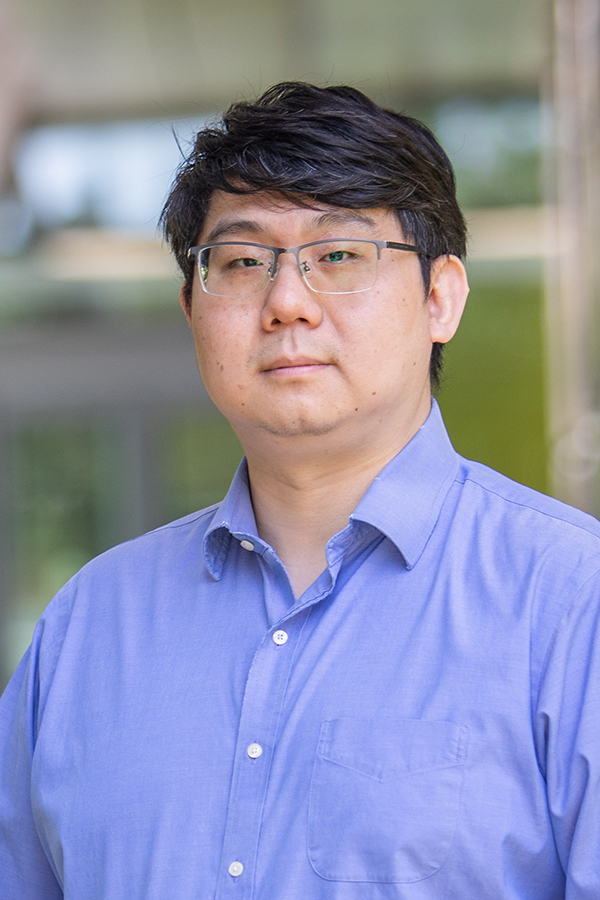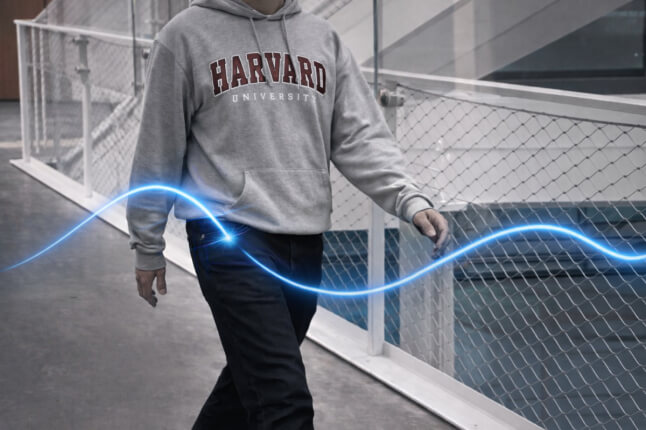News
Jia Liu, Assistant Professor of Bioengineering; Na Li, Winokur Family Professor of Electrical Engineering and Applied Mathematics; and Petros Koumoutsakos, Herbert S. Winokur, Jr. Professor of Computing in Science and Engineering at the Harvard John A. Paulson School of Engineering and Applied Sciences (SEAS), have been awarded an Emerging Frontiers in Research and Innovation (EFRI) grant from the National Science Foundation. The $2 million grant will support research into developing a bio-symbiotic system that mimics the scalability, adaptability, and efficiency of biological neural networks capable of performing long-term, complex computational tasks.
The research is a collaboration between SEAS, the Wyss Institute for Biologically Inspired Engineering at Harvard University, and the University of Texas at Austin.
The grant is part of the Emerging Frontiers in Research and Innovation (EFRI): Biocomputing through EnGINeering Organoid Intelligence program, which supports research and development of organoid intelligence systems and biocomputing research.
At SEAS, Liu’s group brings together researchers from a range of disciplines to develop advanced bioelectronics that integrate nanoelectronics, soft electronics, genetic and genomic engineering, and machine learning to interface with biological systems. Previously, Liu’s group demonstrated the integration of brain organoids with soft and flexible electronics as cyborg organoids for recording and controlling brain organoid development. With the EFRI grant, Liu and his team will test the cyborg brain organoid’s ability to perform computational tasks, with the goal of inspiring new AI algorithms, enhancing data processing efficiency, and advancing machine learning beyond current capabilities.
“Current artificial intelligence and machine learning technologies do not match the adaptability and efficiency of biological systems,” said Liu. “Our goal is to develop a seamlessly integrated biological and electronics system for long-term 3D neural network computing, truly merging nature and machine intelligence together."
"NSF's investment will lead to biological computing with superior power and efficiency by harnessing the mechanisms behind complex biological behavior for smart systems," said Susan Margulies, NSF Assistant Director for Engineering. "Advances in biocomputing will open new opportunities for artificial intelligence, biotechnology, and more sustainable computing."
Topics: Awards, Bioengineering
Cutting-edge science delivered direct to your inbox.
Join the Harvard SEAS mailing list.
Scientist Profiles
Jia Liu
Assistant Professor of Bioengineering
Press Contact
Leah Burrows | 617-496-1351 | lburrows@seas.harvard.edu



